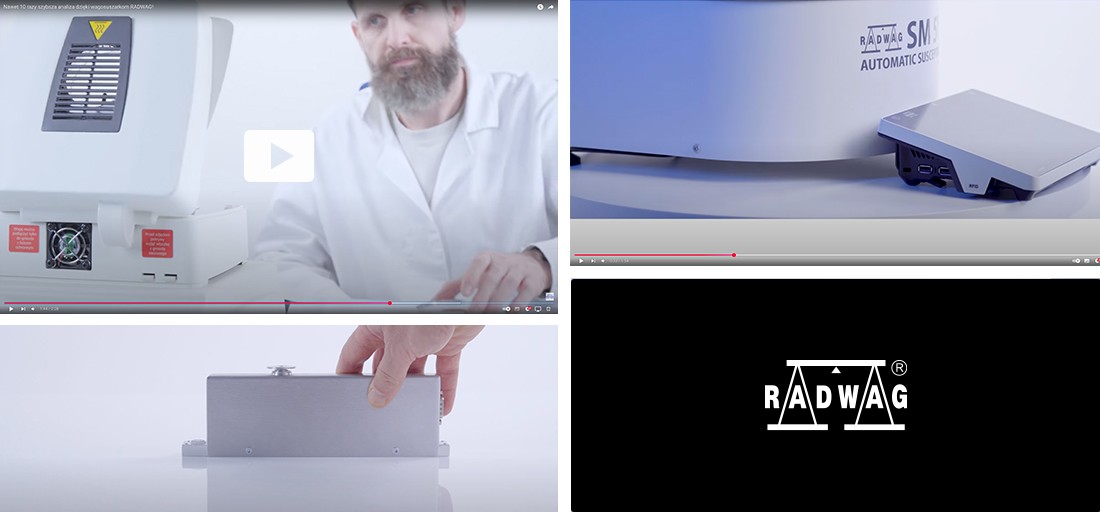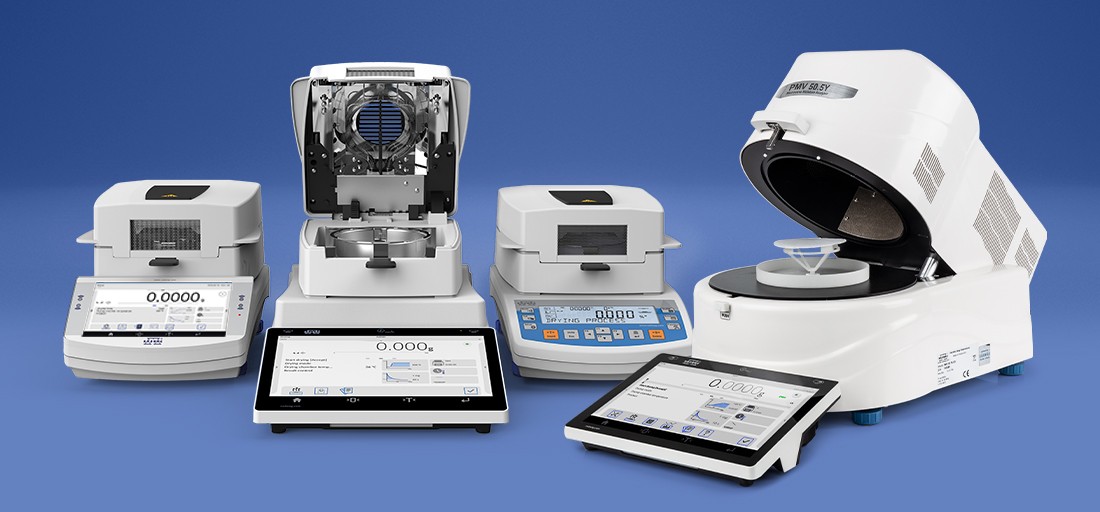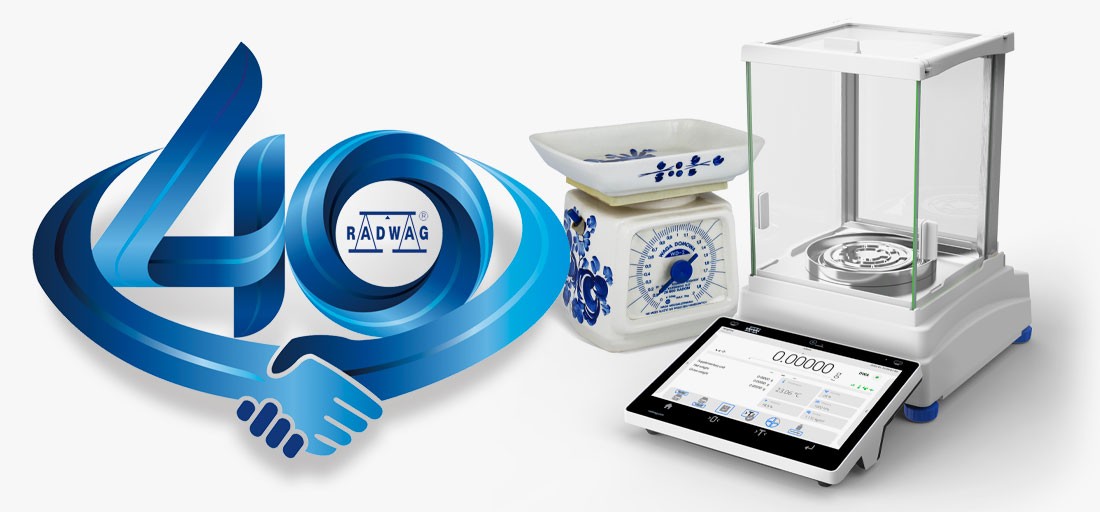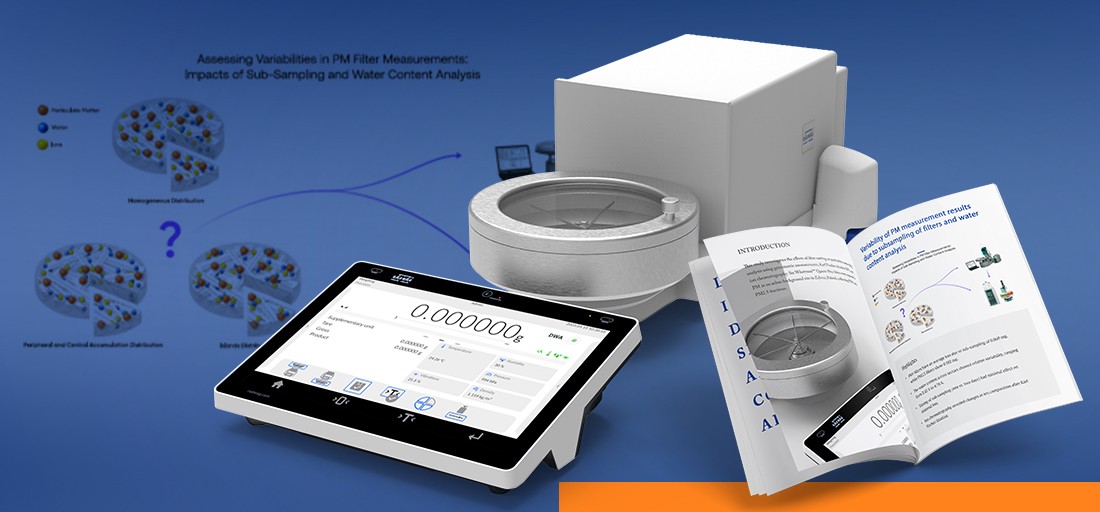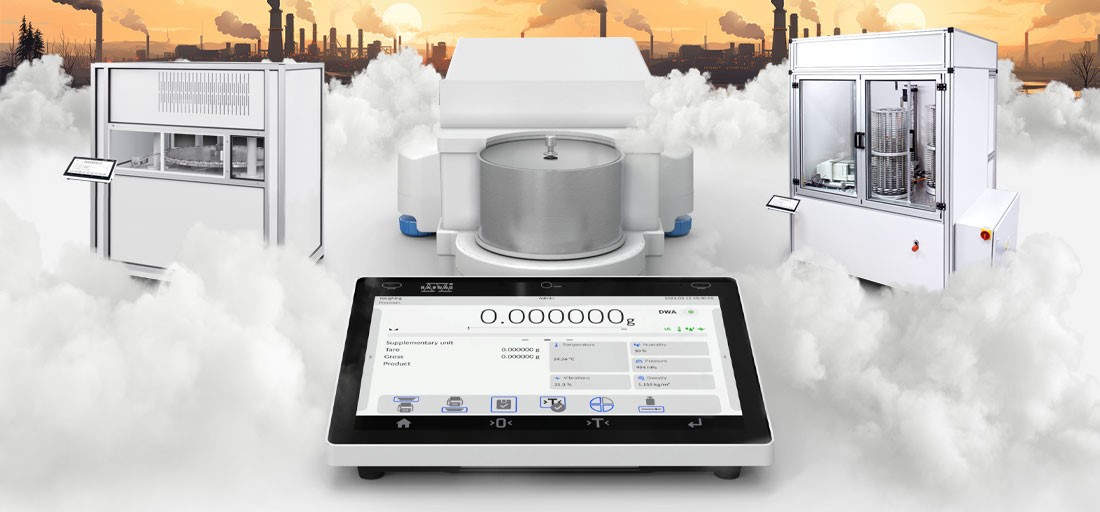ISO 1183: Determination of Plastic Density Using the Immersion Method
.jpg)
A study by experts from the Research Laboratory at the RADWAG Research and Certification Metrology Centre was published in the latest issue of the plastics industry magazine “PlastEcho”. The article, co-authored by Slawomir Janas, PhD, Martyna Roszowska-Jarosz, PhD, and Kamil Stosur, MSc, concerns testing the plastic density.
“There are a few reasons why verification of plastic density is crucial. Above all it is a guarantee that the material meets specific quality-related standards and remains consistent throughout the production batch. It is of paramount importance in B2B relationships, where the process-based approach in Quality Management Systems is applied. Mechanical properties of a ready-made product, such as durability, hardness, flexibility, can be closely associated with density of the granule used in the engineering process, especially when injection, extrusion and moulding procedures are not optimised.
Plastic density is usually tested in accordance with requirements of such standards as ISO 1183:2019, ASTM D792:20, yet the OIML G 14:2011 document may also be applicable. Normative documents describe methods but fail to account for numerous issues that may emerge in the measurement process. Proper interpretation of results requires consideration of potential sources of errors, for example presence of air bubbles, sample heterogeneity, stability of the measuring system, etc. Care for details and testing diligence are critical for assurance of credible results.”
This is the introduction to this article. For the results of the study, read the whole piece.





